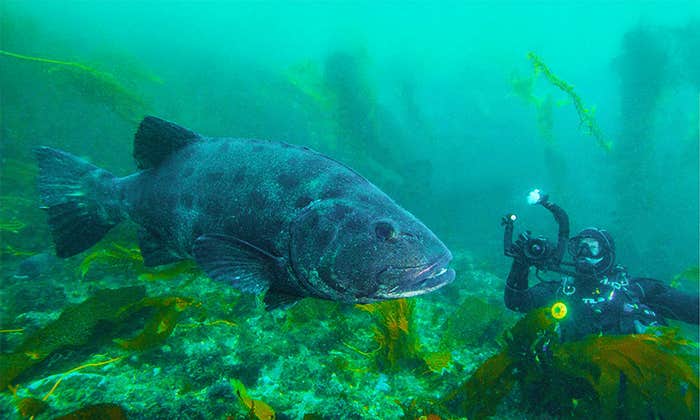Zoology
354 articles-
Is the Show Finally Over for These Whales and Dolphins?
They were bred to entertain in a now-shuttered marine park. Now they need to be rescued. -
The Inner Worlds of Reptiles
Tortoises were found to have feelings, pointing to other overlooked animal minds -
Leap of Faith
Lemur mothers are bold mountaineers when hunting for food -
These Bees Are Tricksters
How nomad bee species rely on deceit to provide for their offspring -
Laughing Apes Take Risks
Hearing the sounds of chuckles may make our bonobo cousins think on the bright side -
Ancient Seas Hosted the Ultimate Squid Game
100 million years ago, the charismatic cephalopods ruled Earth’s oceans -
An Elephant’s Tusk Never Forgets
A simple test can peek into ivory to detect deception -
Scratch My Back and I’ll Scratch Yours
Orcas in Washington are creating grooming tools out of kelp stalks -
What If Every Roadkill Had a Memorial?
Road ecology meets community science -
The Hornbills Left Behind
Protecting Asian species may have shifted poachers’ focus to African birds
-

Anchors Away from Antarctica
When ships drop anchor off the icy continent, they threaten some of the oldest animals on Earth
-

The Water Bear—from First Look to Facebook
250 years ago, a theologist looked under a microscope and discovered the “most peculiar” creature
-
Meet a Newly Discovered Cave Crustacean
This delicate copepod species joins the ranks of a unique and fragile underground ecosystem -
What Birdsong Says About Motivation
In self-driven learning, performance is its own reward -
A Snout of Significance
This Ecuadorian lizard uses its remarkable proboscis for wooing, not warring -
Why Birds Sing So Differently
A comic explains the highs and lows of birdsong -
Enlisting Paparazzi to Save a Gigantic Fish
Crowd-sourced data on the giant sea bass suggest it’s making a rebound

































